Reduce competitiveness
On December 2, in Can Tho City, the Ministry of Industry and Trade coordinated with the People's Committee of Can Tho City to organize the Vietnam Logistics Forum 2023 with the theme "Logistics and digital transformation for the Mekong Delta".
Speaking at the conference, Mr. Tran Tuan Anh, Politburo member, Head of the Central Economic Commission, said that the Vietnamese logistics industry has actively implemented digital transformation according to the policies of the Party, the Politburo and the National Digital Transformation Program to 2025, with a vision to 2030, issued in Decision 749/QD-TTg in 2020 of the Prime Minister. A number of large logistics enterprises have implemented digital transformation from level 3 and above, such as Tan Cang Saigon, port companies under the Vietnam National Shipping Lines system, Viettel Post, Vietnam Post, Gemadept, foreign-invested enterprises in Vietnam, typically DHL, Fedex, etc. However, the logistics industry in the whole country in general and the Mekong Delta in particular still has many limitations, and its development is not commensurate with its conditions and potential.
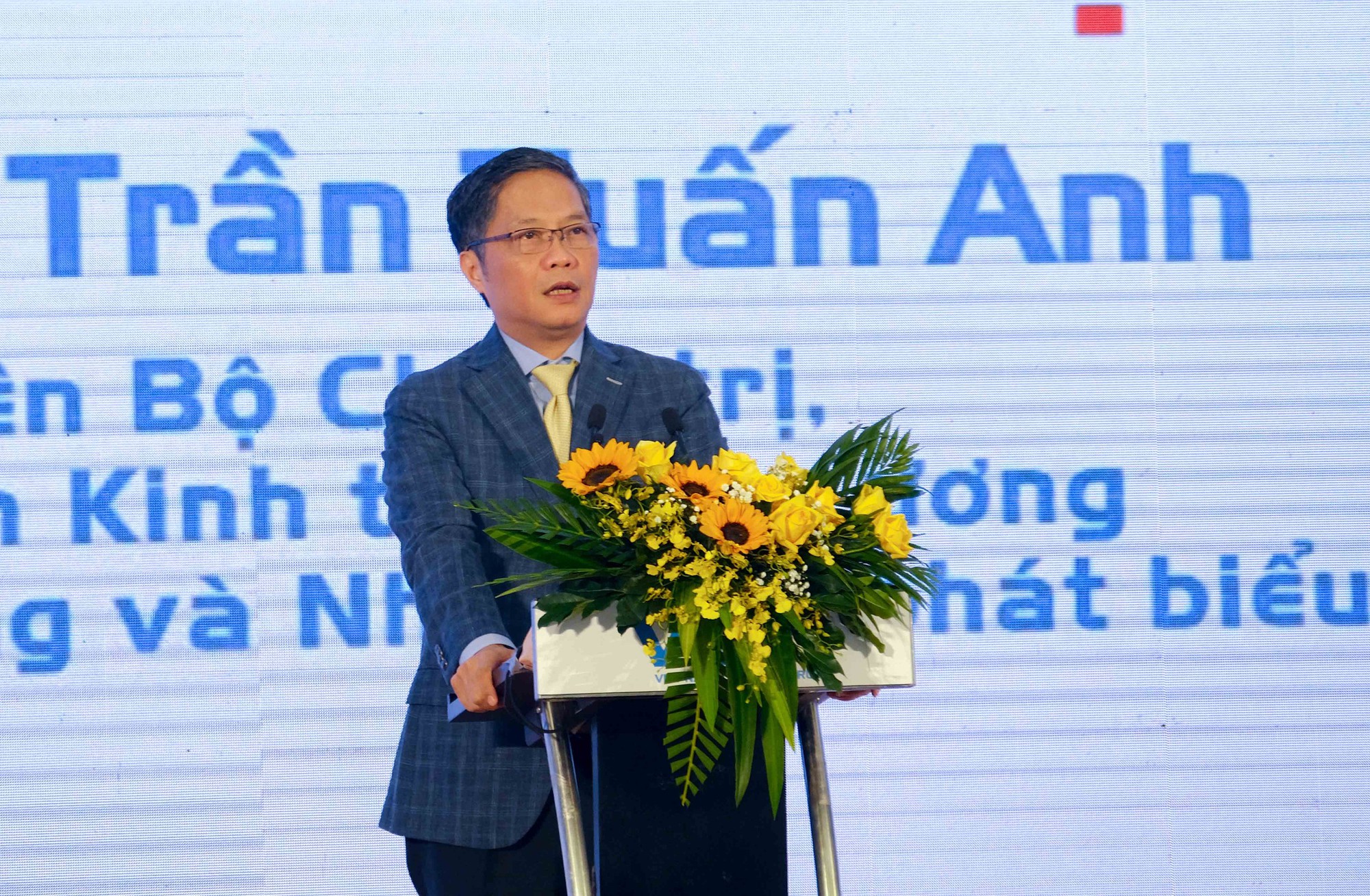
Mr. Tran Tuan Anh, Politburo member, Head of the Central Economic Commission, spoke at the forum.
According to calculations by the Vietnam Logistics Services Association, Vietnam's logistics costs average 16.8 - 17% of GDP, much higher than the world average of 10.6%. Logistics infrastructure is still limited, lacking synchronization and connectivity; seaport planning is still inadequate, there are no major ports, large regional and international logistics centers...
In particular, road transport is still the most popular mode of transport (accounting for 73% of freight volume in the first 9 months of 2023). Next is inland waterway transport, accounting for 21.6% of total freight volume; sea transport accounts for only 5.2% of total output, rail and air transport remain at very low levels of 0.2% and 0.01%, respectively. This leads to high logistics costs, reducing the competitiveness of Vietnamese goods.
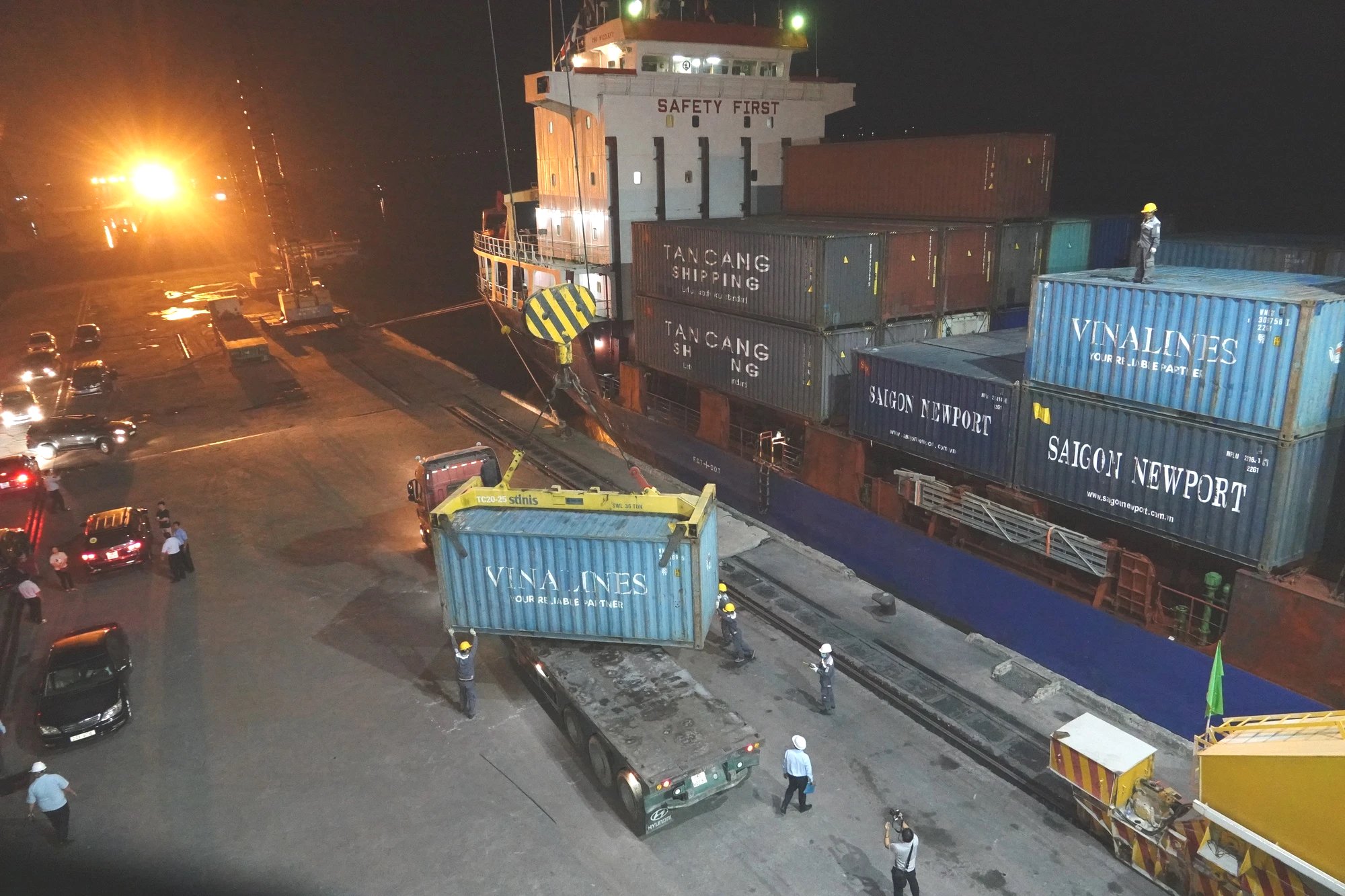
Vietnam's logistics costs average 16.8 - 17% of GDP, much higher than the world average of 10.6%.
Head of the Central Economic Commission Tran Tuan Anh also said that Vietnam is currently actively implementing two important transformation processes: Digital transformation and Green transformation. In particular, digital transformation is considered a new breakthrough method to shorten the industrialization and modernization process of the country as well as of industries and fields, including the logistics industry; at the same time, digital transformation will also help promote the green transformation process.
Therefore, it is necessary to discuss and clarify the current status of logistics development in Vietnam in association with the digital transformation process on a national scale and in the Mekong Delta; in which, clarify the achieved results, existing causes, and limitations to remove, especially in terms of institutions, mechanisms, and policies for logistics development.
Not developed adequately
Deputy Minister of Industry and Trade Phan Thi Thang said that with the total import and export turnover of goods in the first 10 months of 2023 reaching 558.33 billion USD, Vietnam has entered the top 10 emerging logistics markets in the world with a forecast annual compound growth rate of 5.5% in the period 2022 - 2027. Particularly in the Mekong Delta region, which contributes about 50% of rice output, 95% of rice exports, 60% of seafood exports and 70% of fruits nationwide. The potential and demand for logistics services are huge. However, the infrastructure and capacity of the logistics service industry in the Mekong Delta still have many limitations, not contributing much to the socio-economic development of the region.

Most of the export goods in the Mekong Delta must be brought to major ports in Ho Chi Minh City and Cai Mep port, causing businesses' transportation costs to increase.
Also at the forum, Mr. Nguyen Van Hieu, Secretary of the Can Tho City Party Committee, informed that the growth rate of logistics services in Can Tho is from 10 - 15%/year. The city is calling for investment in developing the port system and logistics centers, aiming to turn Can Tho into a modern economic center, an important link in the transit of goods in the region. However, some limitations are that the Can Tho seaport cluster has not been exploited effectively because the warehouse and logistics system has not been invested synchronously. The channel for large-tonnage ships entering the Hau River currently does not meet the requirements for complete exploitation of ships with a tonnage of 10,000 to 20,000 tons. Most of the exported goods must be transported by road to major ports in Ho Chi Minh City and Cai Mep port, causing the transportation costs that businesses have to bear to be 10 - 40% higher depending on the route...
In addition, Can Tho does not have many large enterprises specializing in logistics services; the ability to supply the logistics service chain is weak; logistics costs are high, affecting the competitiveness of goods. Furthermore, there are no foreign logistics companies participating in the service provision market in the Mekong Delta, there are only a few domestic companies, mainly enterprises from Ho Chi Minh City.
At the Vietnam Logistics Forum 2023, the Ministry of Industry and Trade also acknowledged many opinions and solutions from ministries, businesses, and localities to gradually remove difficulties and maximize the benefits of digital transformation. Thereby helping to improve the competitiveness of Vietnam's logistics service industry in general and the Mekong Delta region in particular.
Source link


![[Photo] Nhan Dan Newspaper announces the project "Love Vietnam so much"](https://vstatic.vietnam.vn/vietnam/resource/IMAGE/2025/4/17/362f882012d3432783fc92fab1b3e980)

![[Photo] National Assembly Chairman Tran Thanh Man meets with outstanding workers in the oil and gas industry](https://vstatic.vietnam.vn/vietnam/resource/IMAGE/2025/4/17/1d0de4026b75434ab34279624db7ee4a)
![[Photo] General Secretary To Lam receives French Ambassador to Vietnam Olivier Brochet](https://vstatic.vietnam.vn/vietnam/resource/IMAGE/2025/4/17/49224f0f12e84b66a73b17eb251f7278)
![[Photo] Promoting friendship, solidarity and cooperation between the armies and people of the two countries](https://vstatic.vietnam.vn/vietnam/resource/IMAGE/2025/4/17/0c4d087864f14092aed77252590b6bae)
![[Photo] Closing of the 4th Summit of the Partnership for Green Growth and the Global Goals](https://vstatic.vietnam.vn/vietnam/resource/IMAGE/2025/4/17/c0a0df9852c84e58be0a8b939189c85a)


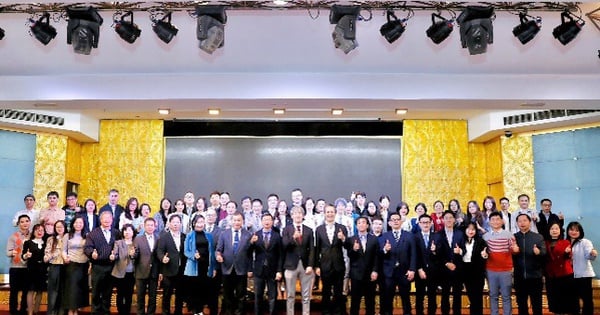

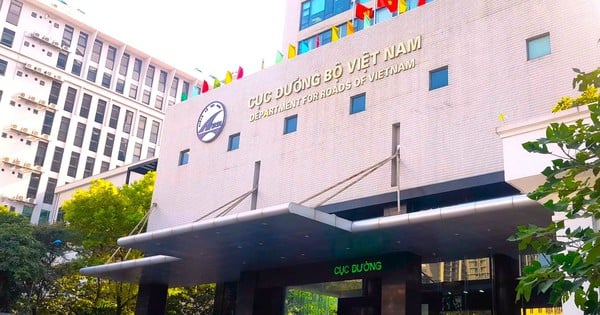





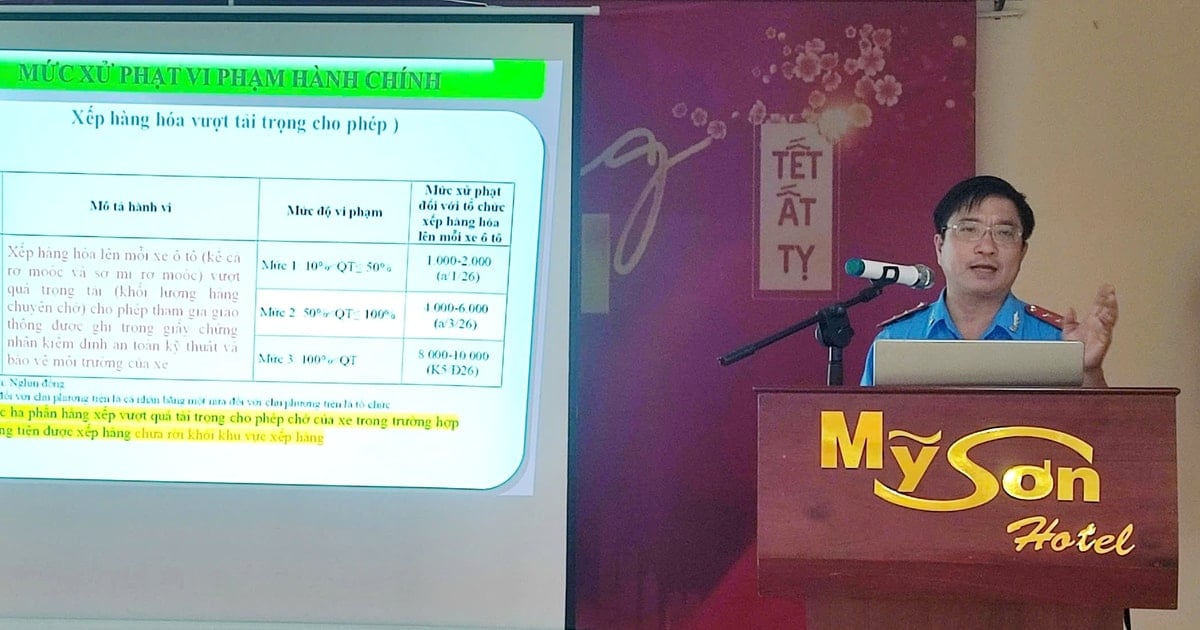





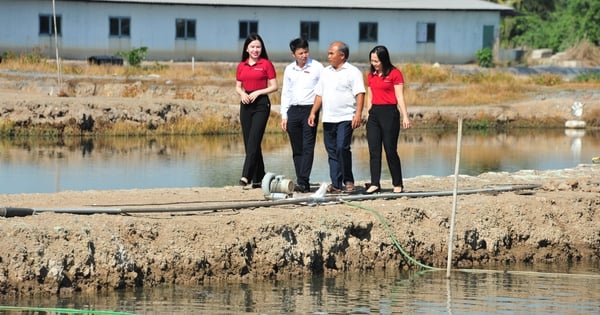











![[Photo] Welcoming ceremony for Chinese Defense Minister and delegation for friendship exchange](https://vstatic.vietnam.vn/vietnam/resource/IMAGE/2025/4/17/fadd533046594e5cacbb28de4c4d5655)


























![[Video] Viettel officially puts into operation the largest submarine optical cable line in Vietnam](https://vstatic.vietnam.vn/vietnam/resource/IMAGE/2025/4/17/f19008c6010c4a538cc422cb791ca0a1)

















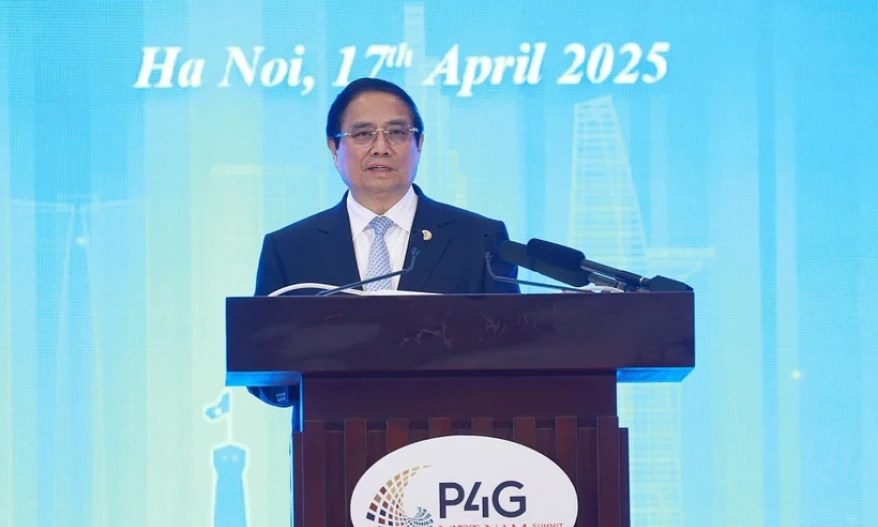


















Comment (0)